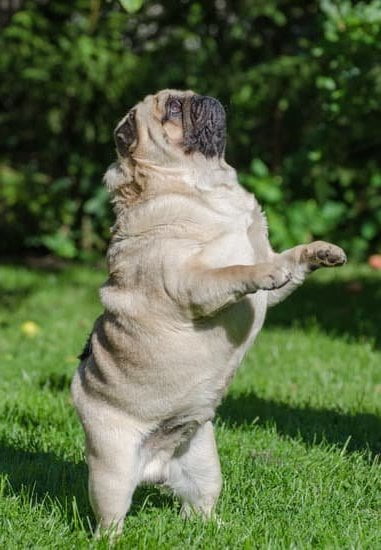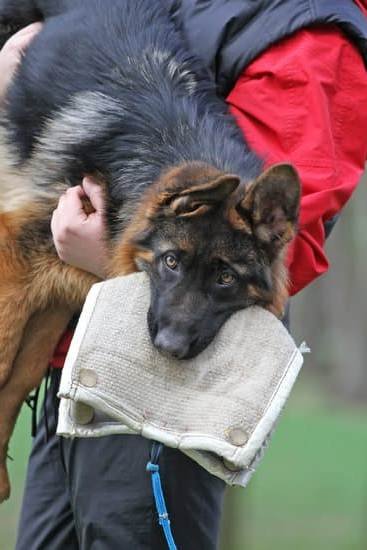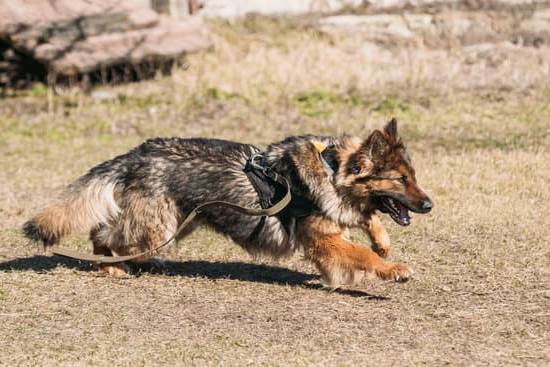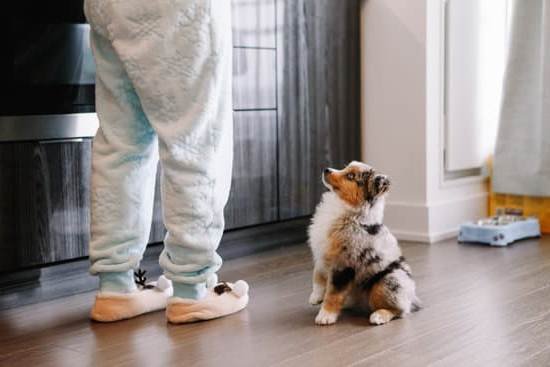?
There is a lot of debate surrounding the topic of whether or not aggression can be trained out of a dog. Some people believe that aggression is a natural behavior that cannot be changed, while others maintain that aggression can be suppressed through proper training. The truth is that both sides have some valid points, and the answer to this question is not black and white.
There are a few things to consider when answering this question. The first is that aggression can be a natural response to certain situations or stimuli. For example, a dog may become aggressive when it feels threatened or when it is trying to protect its territory. In some cases, aggression may also be a result of poor socialization or a lack of training.
On the other hand, aggression can also be learned behavior. If a dog is allowed to get away with aggressive behavior, it may start to assume that this is an acceptable way to behave. In some cases, aggression can even be caused by fear or anxiety.
So, can aggression be trained out of a dog? The answer to this question depends on the individual dog and the underlying causes of its aggression. In some cases, it may be possible to suppress or eliminate aggression through proper training. However, in other cases, aggression may be a more deeply-rooted behavior that is not as easily changeable.
How To Train My Dog To Be Less Aggressive
There are a few basic things you can do to help train your dog to be less aggressive. The most important thing is to be consistent in your training, and to make sure to provide plenty of positive reinforcement when your dog exhibits good behavior.
First, it’s important to make sure that your dog is getting enough exercise. A tired dog is less likely to be aggressive. In addition, make sure that your dog is getting enough attention and socialization. A dog that feels neglected or isolated may be more likely to become aggressive.
It’s also important to make sure that your dog is properly trained. Start with basic obedience commands, and make sure that your dog understands that you are the leader of the pack. Dogs that feel insecure or anxious are more likely to become aggressive.
Finally, make sure to avoid any situations that may be causing your dog to become aggressive. If your dog is territorial, for example, don’t allow him to roam freely in the yard. If your dog is afraid of strangers, avoid taking him to busy places like the park.
If you are consistent in your training and take the time to properly socialize and exercise your dog, you can help to reduce the likelihood of aggression.
Dog Food Aggression Training Techniques
When it comes to dog food aggression, there are a few different training techniques that you can use to get your pooch to behave. One popular approach is to create a boundary for the food bowl. You can do this by using a baby gate to cordon off the area where the food is kept, or by using a chair to block off the bowl. This will help your dog to understand that he or she is not allowed to approach the food until you give permission.
Another technique that can be used to curb dog food aggression is to feed your pup smaller meals more often throughout the day instead of one large meal. This will help to avoid feelings of competition or dominance over the food. You can also try to feed your dog from your hand instead of from a bowl. This will help to create a more positive association with food.
If you are having trouble training your dog not to be aggressive around food, it is best to consult with a professional dog trainer. A qualified trainer will be able to help you to create a customized training program that will address the specific issues that you are experiencing.
Aggressive Dog Training Jacksonville Fl
There is no one-size-fits-all answer to the question of how to train an aggressive dog, as the approach you take will vary depending on the individual dog’s temperament and behavior. However, there are some general tips that can help you to successfully train an aggressive dog.
First and foremost, it is important to be consistent with your training. If you allow your dog to behave aggressively one day, but then punish him for the same behavior the next, he will quickly become confused and may become even more aggressive.
It is also important to be patient with your dog during training. Aggressive dogs can be difficult to train, and it may take some time for them to fully understand what you are asking of them. Be sure to reward your dog for good behavior, and don’t get discouraged if there are setbacks during training.
Finally, it is important to be aware of your own body language and demeanor when training an aggressive dog. Dogs are very observant and they will pick up on your stress and anxiety. If you are tense or angry, your dog will likely become more agitated and difficult to train. Instead, try to remain calm and positive, even when things get challenging.
Aggressive Dog Training Houston
Houston is a great city for dogs. There are plenty of green spaces where they can run and play, and the weather is usually mild, which is great for year-round walking. However, there are also a lot of busy streets and sidewalks, and with so many people and other animals around, it’s important to have a well-trained dog who knows how to behave around others.
If you’re having trouble with your dog’s behavior, it may be time to consider aggressive dog training Houston. There are a number of great trainers in the area who can help your dog learn how to behave appropriately in public and around other animals.
Aggressive dog training can be a great way to help your dog become more socialized and well-behaved. It can also help to keep them safe, since an aggressive dog can be a danger to both people and other animals.
If you’re interested in aggressive dog training Houston, be sure to do your research first. There are a number of different training methods out there, and not all of them will be right for your dog. Talk to your trainer about your dog’s individual needs and goals, and work together to create a training program that will help your dog become the best possible version of themselves.

Welcome to the blog! I am a professional dog trainer and have been working with dogs for many years. In this blog, I will be discussing various topics related to dog training, including tips, tricks, and advice. I hope you find this information helpful and informative. Thanks for reading!





